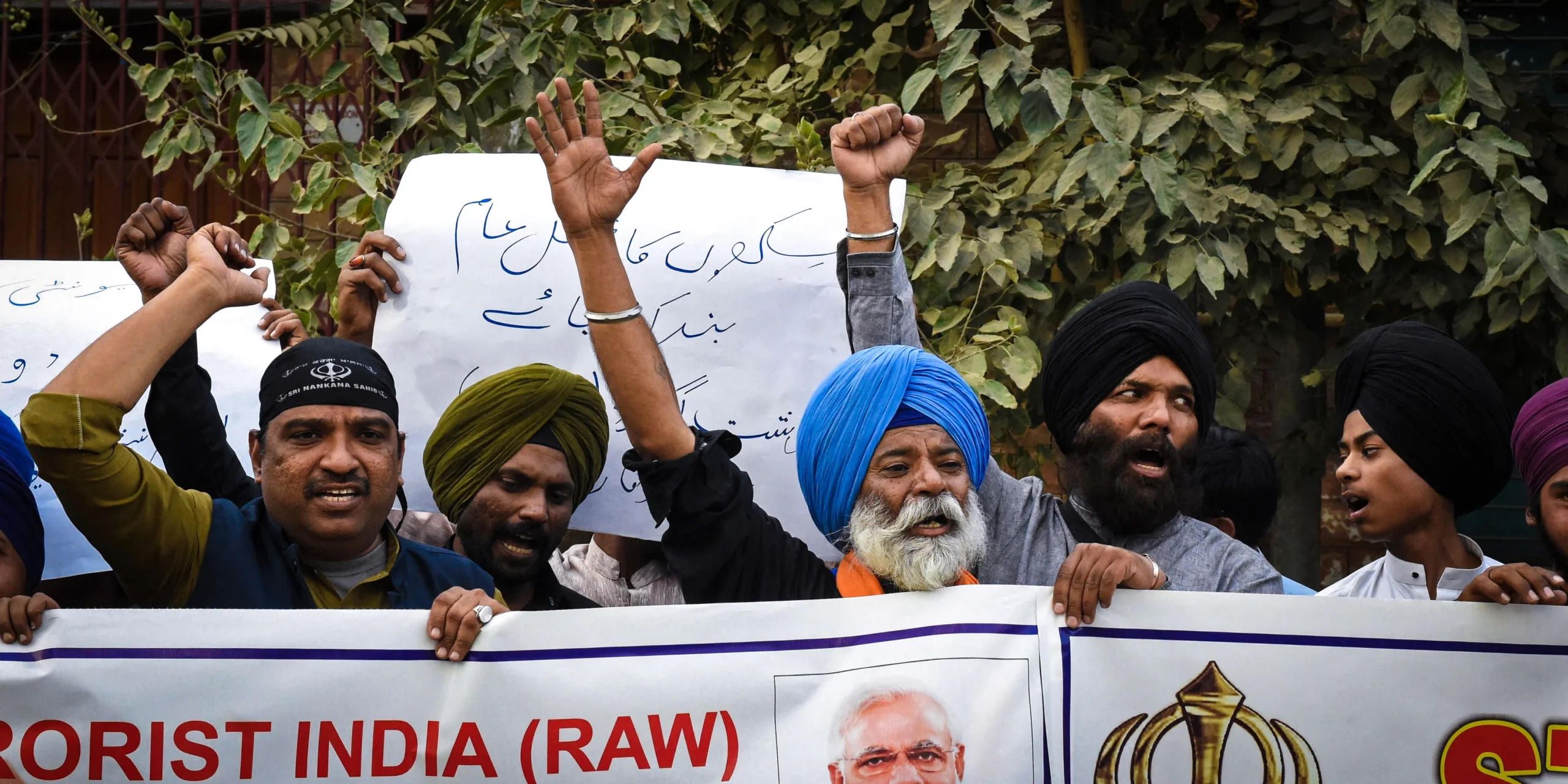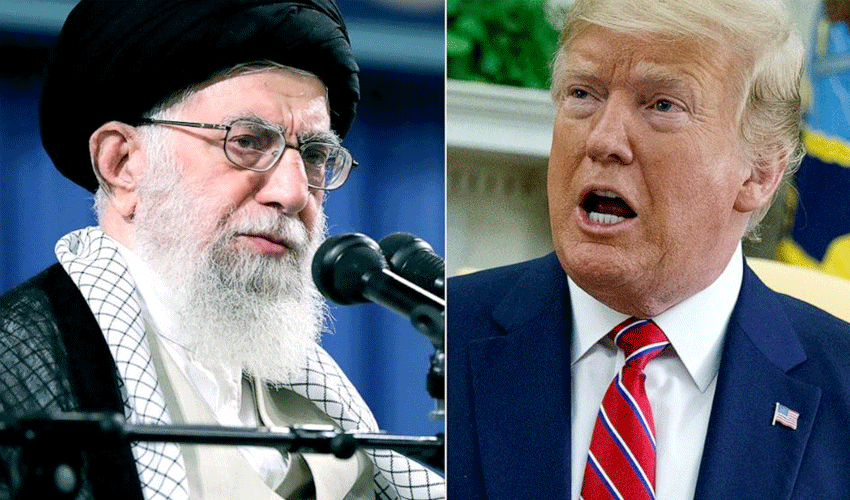Junaid Riaz
Fraud in banks is not a side issue or a secondary concern—it is a frontline battle. As digital banking, online banking, and mobile wallets continue to grow, so does the risk of scams, phishing, and unauthorized transactions.
The key question is: Can Pakistan’s banking industry keep pace with the evolving fraud landscape? To answer this, let’s look at global leaders such as VISA, American Express, and JP Morgan Chase, who are already leveraging Artificial Intelligence (AI) to stay ahead of fraudsters—and consider where Pakistan must improve.
Global Best Practices
VISA
VISA, a globally recognized company, processes over 400 million transactions daily. With the help of AI, the system analyzes each transaction within milliseconds to detect suspicious behavior. For example, if a debit card issued in Islamabad is suddenly used for shopping in New York, VISA’s AI system can flag it within seconds.
American Express
American Express uses AI to study customer behavior. For instance, if a customer regularly purchases groceries in Hyderabad but suddenly books a luxury international trip, the AI system immediately flags this unusual pattern.
JP Morgan Chase
As one of the largest banks in the world, JP Morgan processes billions of dollars in payments and wire transfers every single day. The bank invests billions annually in AI and digital security. Beyond traditional transaction monitoring, JP Morgan employs a multi-layered AI strategy that includes predictive analytics and real-time anomaly detection. By analyzing transaction history and identifying unusual spending spikes, AI helps prevent fraud before it occurs. Additionally, JP Morgan’s AI systems detect phishing emails or fake payment instructions before they even reach the transaction stage.
Challenges in Pakistan
In contrast, Pakistani banks face significant challenges:
– Still limited to transaction-based monitoring, without adopting communication-level fraud detection. This means phishing attempts through SMS, emails, or fake call centers often succeed.
– Reliance on rule-based systems, which are slower and less flexible compared to AI-driven models.
– Application of generic fraud rules across all customers, rather than using personalized behavioral models.
The Way Forward
To strengthen fraud management, Pakistan’s banking sector must:
1. Shift from rule-based to real-time AI fraud detection.
2. Develop customer-level behavior models for personalized fraud prevention.
3. Establish a national fraud data-sharing platform under the supervision of the State Bank of Pakistan (SBP).
4. Train bankers in AI and compliance, ensuring staff are equipped to handle new fraud challenges.
Conclusion
For Pakistan’s financial sector, the challenge is clear: outdated, rule-based systems can no longer keep pace with modern fraud techniques. To safeguard customers, protect digital trust, and secure the future of financial services, Pakistani banks must adopt AI-driven solutions. The choice is simple—either invest in smarter defenses today or risk being outpaced by tomorrow’s fraudsters.


